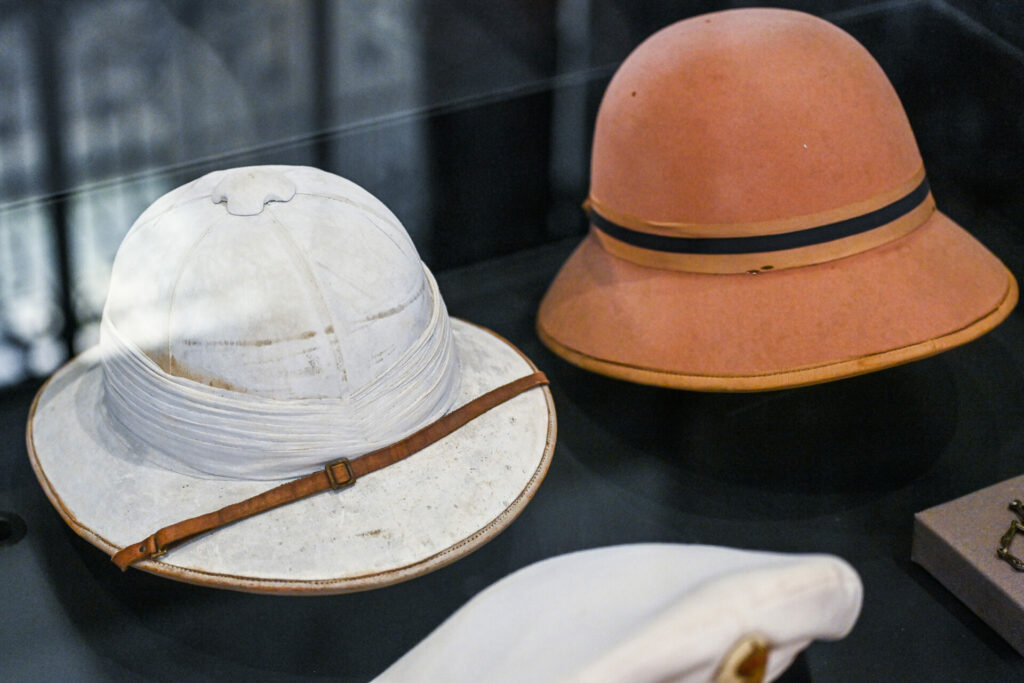A meeting of a special committee that has spent months studying Belgium's colonial past on Monday did not find a consensus on whether the country should apologise to the Democratic Republic of Congo, Rwanda and Burundi for its colonial regime based on domination and exploitation.
Last week, the special committee presented proposals after 2.5 years of work, including several hundred hearings and a visit to the DRC. The proposal included an apology as well as "analogous steps in terms of symbolic reparations" that would be carried out by the executive powers (meaning the king and the government). This would, however, not entail any legal liability and could not give rise to financial compensation.
"It would ultimately be a big check that we would give to the countries concerned saying that it is okay now. It would not be very helpful," Federal MP for the French-speaking Green Party (Ecolo) Guillaume Defossé told BX1.
"We must focus on material reparations such as restitution. Symbolic reparations: a day of commemorations. The fight against racism. There is a very clear link between colonial propaganda and racism today, we must fight against these stereotypes," he said. He also added that Belgium should work on "decolonising the relationship it has with these countries," as "we forget that they have been independent for 62 years and we have to get back on an equal footing."
'It will never be enough'
Aliou Balde of the Mémoire Coloniale collective argued that this is below what activists want to hear. "For Belgium, colonisation was a big business of economic dispossession of populations for nearly 75 years. It is high time for us to be able to finance research to find out how the economic plunder was done and how to begin concrete responsibilities on the part of companies, the State, and the Church."
Balde stressed that it is possible to quantify a number of things: when former Belgian King Leopold II granted a concession of land to a multinational in the DRC, it is possible to quantify the rental of the land.
"It is also possible to quantify the hours of forced labour on which the economic and colonial system is based. Experts have recalled this at the level of the committee's hearings," he said, adding that the money from ticket sales of museums that exhibit looted objects should be returned to the former colonies.
Defossé, however, said that this is complicated. "We demonstrated during this commission that it is very difficult to quantify. And even if we can identify certain amounts, it will never be enough. We will never have an exhaustive view of the amount that will have been taken from the DRC."
Related News
- Congo Committee calls for apologies but not reparations for Belgium's colonialism
- Belgium leads in systematically returning stolen art
- Five metis children appeal against the acquittal of the Belgian state
Additionally, the apologies that should be given would go further than the "deep regrets" expressed by Belgium's current King Philippe in a letter to the Congolese President on the occasion of the 60th anniversary of the country's independence in 2020, and repeated during his speech given in front of the Congolese parliament in June this year.
Previously, formal "apologies" have already been presented on behalf of the Federal Government about the fate of the mixed-race so-called "métis" children (children of Belgian colonisers and local Congolese, Burundian or Rwandan women) as well as for Belgium's role in the death of Patrice Lumumba, the first Prime Minister of the independent DRC in 1961, but never for the colonial regime as a whole.
The commission will continue its work this and next week. The members' mandate expires at the end of the year.

